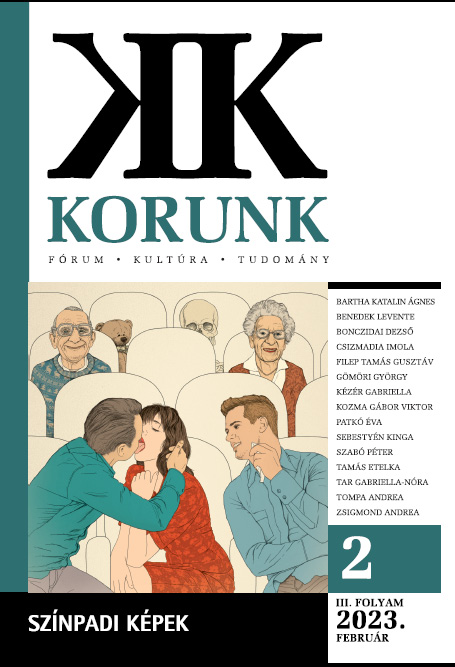Kádár Imre megváltástanai
The Soteriologies of Imre Kádár
Author(s): Tamás Gusztáv FilepSubject(s): Hungarian Literature
Published by: Korunk Baráti Társaság
Keywords: intellectual history; literature; Octobrism; translation; Transylvanism
Summary/Abstract: The paper traces the changes in the worldview of one of the background figures of Hungarian intellectual life in Romania between the two world wars – the writer, journalist, literary translator, and theatre director Imre Kádár. Having also experimented in the adapting of modern literary forms, Kádár moved to Kolozsvár (Cluj), Transylvania, as an emigrant in 1919, and at the beginning he represented a version of Transylvanism that preserved ideals of the so-called bourgeois revolution of October 1918. His lasting work is the volume of translations of Romanian folk poetry, A havas balladái (‘Ballads of the Snow-capped mountain’; 1932). His intellectual path led, through Octobrism, Transylvanism, and Gnosticism, to Protestantism. According to his own confession, being subject to anti-Jewish laws in the years of the Second World War, he wanted to proselytize out of pure interest, but he actually converted in the process; from after the Second World War until his death in 1972, he was in the leadership of the Reformed Church in Hungary that was subservient to the communist dictatorship.
Journal: Korunk
- Issue Year: 2023
- Issue No: 02
- Page Range: 106-118
- Page Count: 13
- Language: Hungarian

